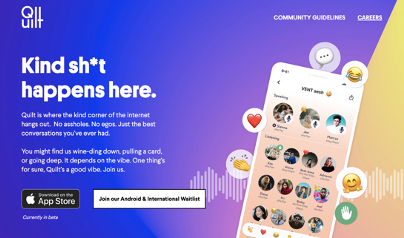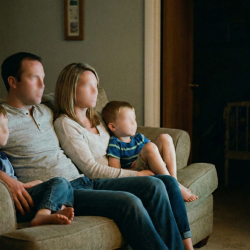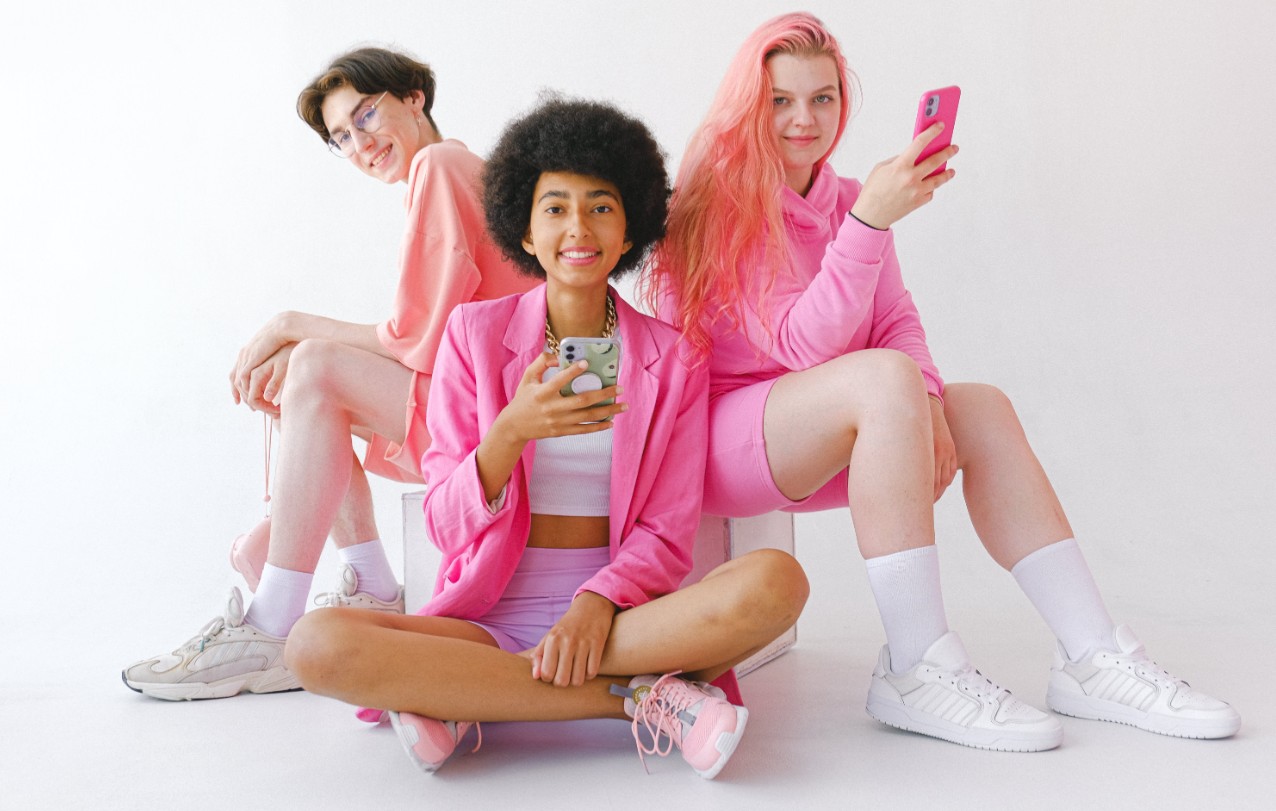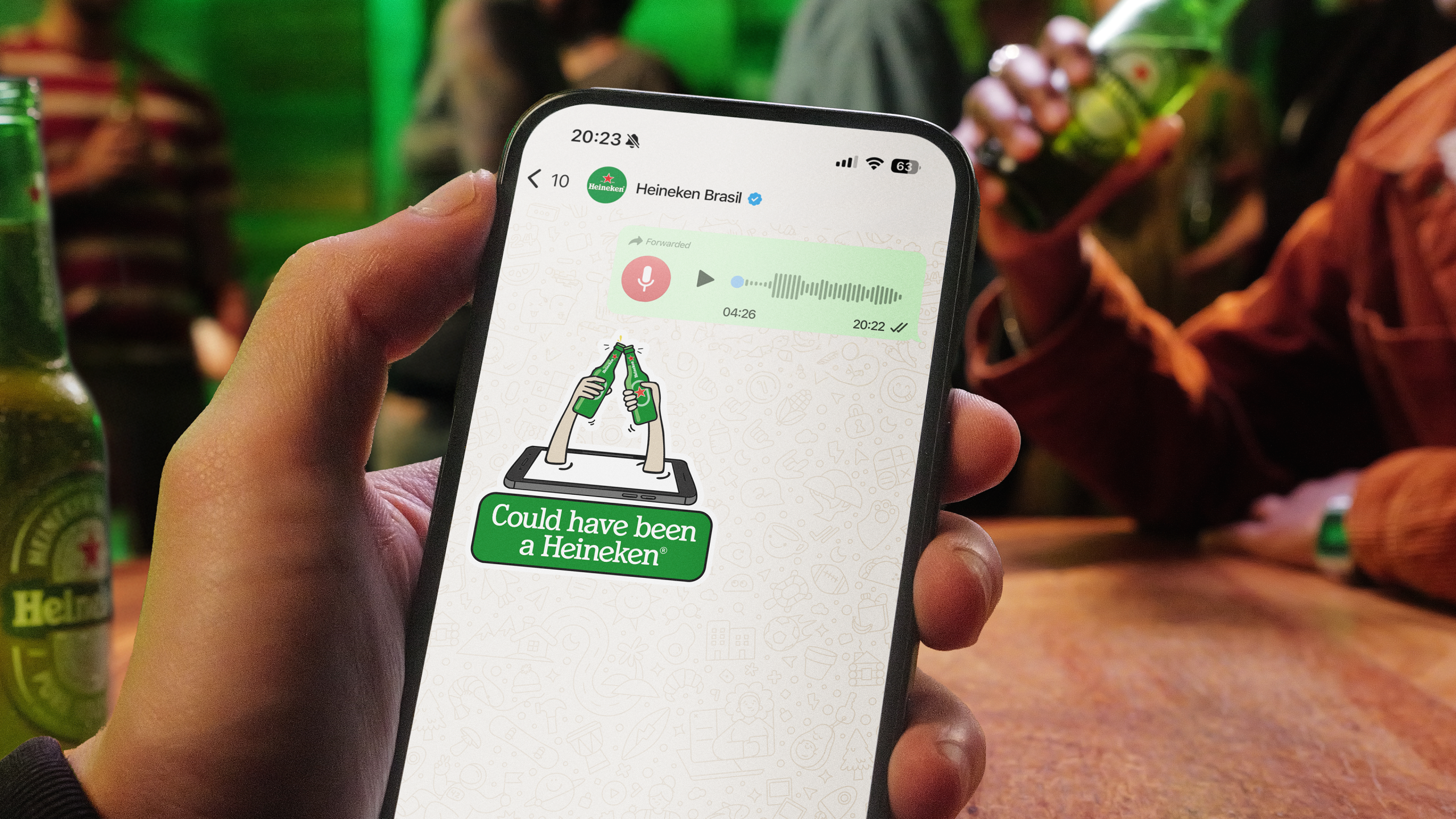From performativity to getting real
It goes without saying that the last few years have been intense. Crisis piled on top of crisis with no apparent end in sight has left us all understandably fatigued, and patience is running low for inauthentic behaviour. There is a collective wariness of faux wokeness and performative vulnerability that will continue as we head into 2023, encapsulated recently by Netflix’s Do Revenge, as well as the film Bodies Bodies Bodies.
In December 2022, a New York Magazine article about so-called “Nepo Babies” made waves. In the ensuing dialogue, celebrities who got real about the advantages of having a foot in the door fared far better than those who claimed their family connections made things more challenging.
In 2023 expect to see a continued desire for realness over performativity. The BeReal app is designed to facilitate unfiltered, impromptu sharing. Meanwhile, influencers like Charli D’Amelio maintain secondary, unpolished social media accounts (see her secret TikTok, @user4350486101671).
From life online to shared, in-person experiences
Much has been made since 2020 of life moving online. While the internet continues to be central to ways of living and working, in 2022 digital exhaustion kicked in for many. Amidst the looming spectre of the coronavirus, people made their own risk calculations and many returned to something resembling the pre-pandemic normal. 2023 will see even more of a return to large-scale, in-person experiences, while digital equivalents (like virtual conferences) will continue to peter out. Expect in-person shopping, a continued resurgence in all things travel, and the return of marquee events for work and pleasure.


From hustle culture to what are we working for
In early 2022 Kim Kardashian (now infamously) said “nobody wants to work anymore”. While she has since defended and contextualized the statement, it’s true that conditions like the steady casualisation of workforces, mass layoffs, and the democratisation of the means of (creative) production all combine to create a landscape in which people might reasonably question the sense in trying to get a “steady job”.
Worker strikes at companies like Apple, Google, and Delta reflect the fact that employees are no longer happy just to have a job. The enthusiastic global uptake of Goblin Mode and its equivalents (e.g. Tang Ping in China, rester couché in France) heralds a celebration of rest and low-fi indulgence over hustling. Meanwhile, new platforms afford space for people to share anti-hustle sentiments in real time, including widespread use of TikTok to highlight unfair labour practices, poor working conditions, and broadcast resignations (see: quittok).
With phrases like Quiet Quitting, “Act your wage”, and “Work-to-Rule” entering mainstream vocabulary, expect 2023 to bring with it ongoing revaluations of the way we work and why.
From enmity to empathy
The coronavirus pandemic stopped much of the world’s population in its tracks. People were scared, they became insular — and in some cases they became unkind. The online sphere seemed to amplify acrimonious feelings, for example in overblown coverage of boomer/zoomer/millennial generational conflict.
The pendulum seems to be swinging in the other direction, as intergenerational empathy and affection takes precedence. See, for example, the loveable, motley gang of Only Murders in the Building, or the well documented cross-generational lovefest of the Stranger Things’ cast.
In fact, it seems we’re all ready to be open to one another again. From people opening their homes to those seeking refuge from the war in Ukraine, to Masterclass offering courses on empathy, 2022 was a good year for kindness. Expect this platonic lovefest to continue in 2023. First up, the launch of platonic connection and conversation app Quilt, currently in Beta.

Stop talking about bodies
It’s a confusing time to have a body, particularly for people who identify as female. We are faced with trends pieces that proclaim “heroin chic is back” while also receiving an onslaught of ostensibly empowering — yet often confusing — messaging around loving the body you have. Taylor Swift’s music video for her song Anti-Hero depicted the singer’s fear of being labelled fat; fans correctly pointed out that “fat” is simply an adjective, and the clip was promptly edited.
In 2023 might we finally reach a place where we can leave bodies out of the conversation? Perhaps, if the rise of workouts that prioritise outcomes other than physical transformation are anything to go by. See for example, the be.come project “a body-neutral, I-can-do-it, go-on-and-love-yourself approach to boutique fitness” and The Class: “Intentional, unscripted, and embodied leaders in the fields of mindfulness and movement. Here to empower you to feel more like you”).
Featured image: Dolls Kill x Spongebob Squarepants collection



























